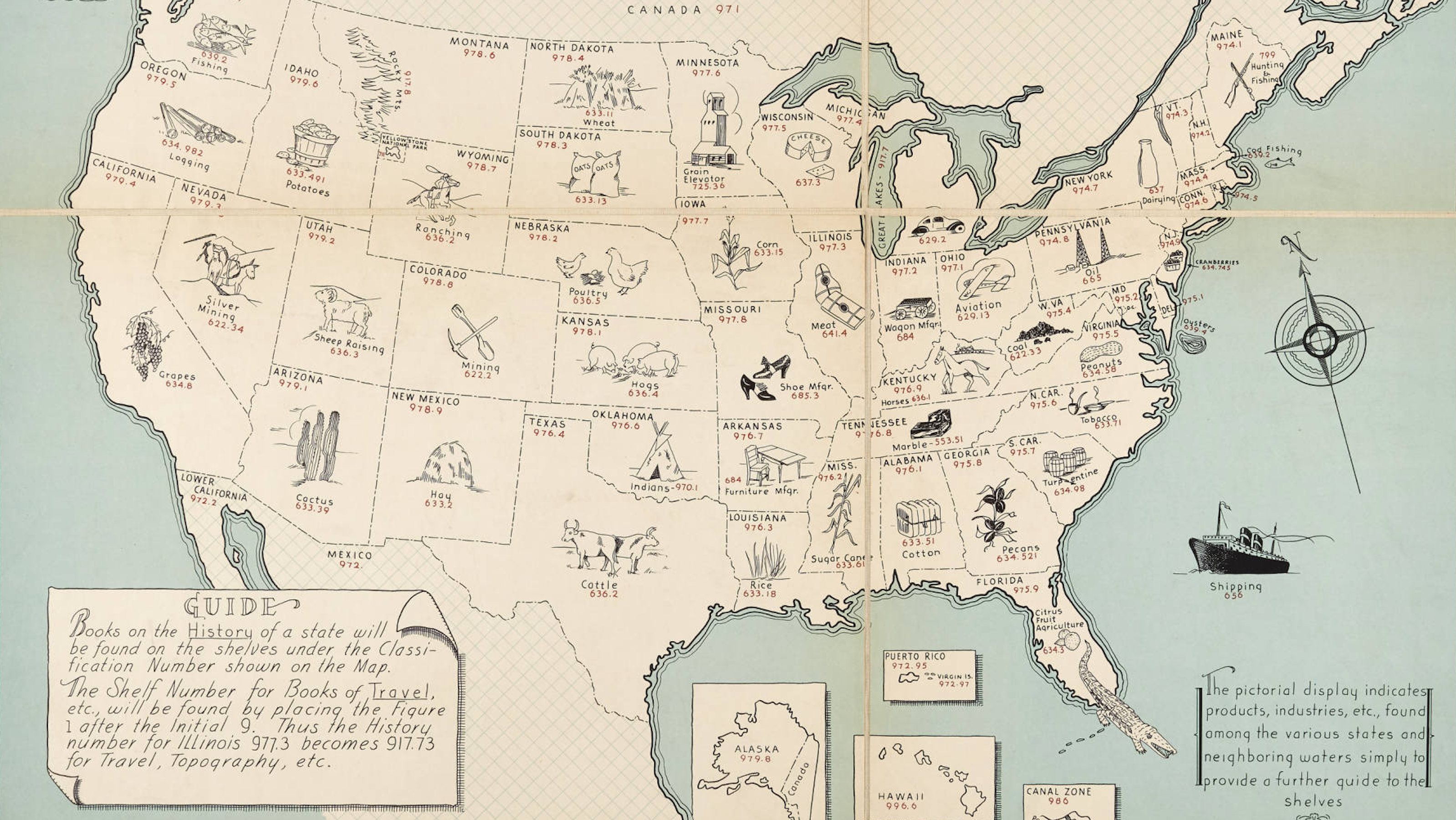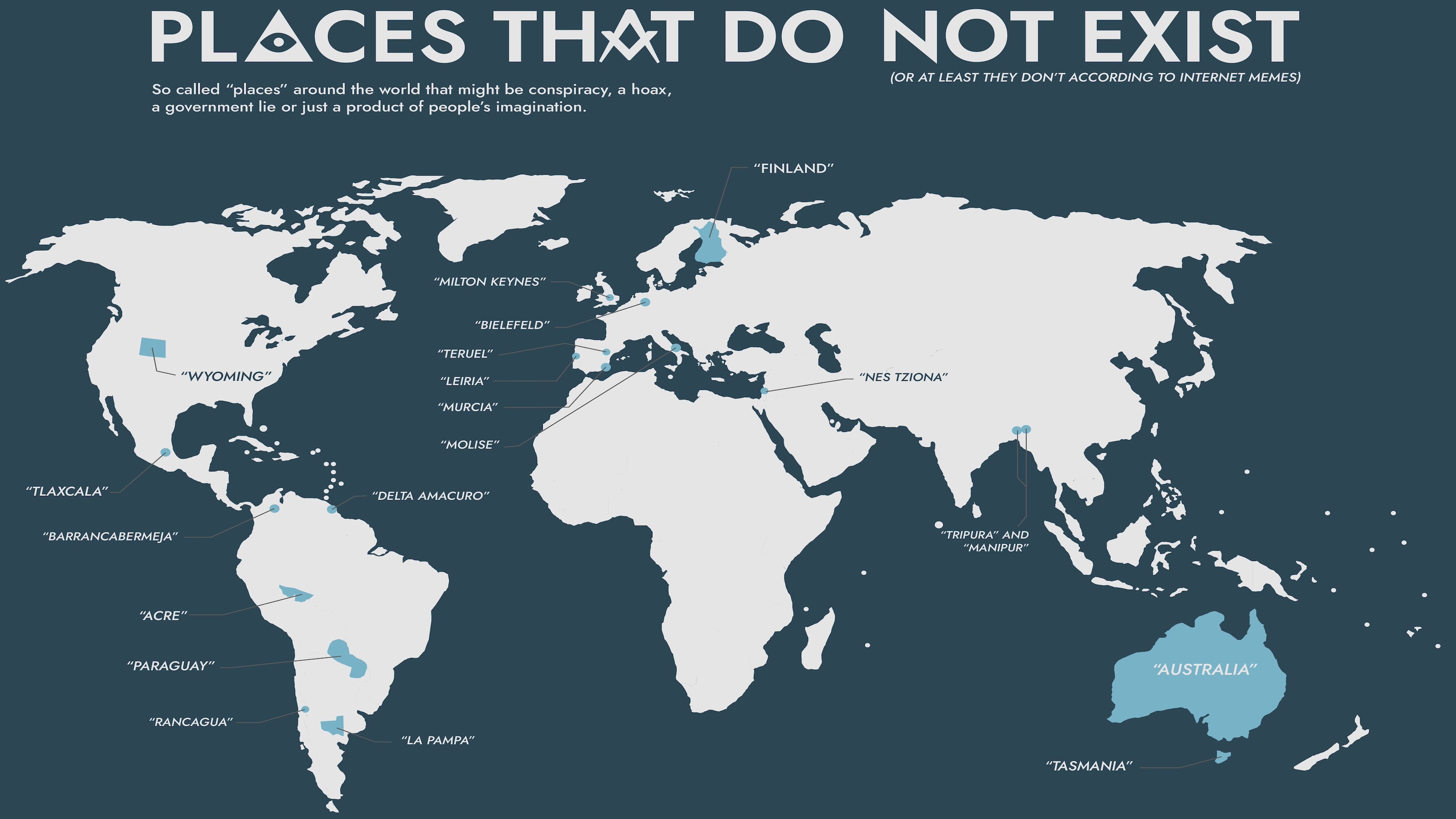For the very first time, an AR contact lens was worn on the eye of a human subject. And it has about 30 times the pixel density of an iPhone.
Search Results
You searched for: Virtual Worlds
Big Think recently spoke with Nick Bostrom about how humans might find fulfillment in a post-scarcity world.
While the concept stretches back centuries, it has garnered significant attention in recent decades.
To be successful, leaders would be wise to remember that AI isn’t a replacement for people; it exists to enhance their capabilities.
“Once quantum mechanics is applied to the entire cosmos, it uncovers a three-thousand-year-old idea.”
Katie Kermode — a memory athlete with four world records — tells Big Think about her unique spin on an ancient technique to memorize unfathomably long lists of information.
Dennis Klatt developed trailblazing text-to-speech systems before losing his own voice to cancer.
Remote work is here to stay. Here are a few ways to enhance remote training in a post-pandemic future.
Digital analyses of Enlightenment-era letters are teaching us a thing or two about Locke, Voltaire, and others.
If we’re going to discuss oceanography and climate change, we should at least identify the currents correctly.
Some physicists are besot with the multiverse, but if we can’t detect these other universes, how seriously should we take them?
The tonal Native American language differentiates words based on pitch and makes Spanish conjugation look like child’s play.
In “Moral Ambition,” Dutch historian Rutger Bregman argues that all would benefit from a collective redefinition of success.
In the spirit of the 1969 moon landing, we now have a golden opportunity to pursue “nondisruptive” creative solutions.
Dive into seven texts that continue to shape Western philosophy, from ancient Mesopotamia to Greece’s brightest minds.
Claims of a sudden infestation appear unfounded.
The future of healthcare may bring powerful collaborations between AI and medical professionals.
One possible vision of the distant future.
There may be a symmetrical interdependence between order and chaos.
Hybrid working, robot fast food workers, and the rapid acceleration of NFTs are just the beginning.
The effects are even worse for women.
Researchers estimate there may be as many as ten million trillion trillion phages on Earth — that’s 10 with 30 zeros after it.
This map samples some of the digits that make up the DDC system, invented by the brilliant but flawed Melvil Dewey.
It is little more than a fancy excuse for escapist fantasizing.
Sixty years later, will anybody have heard of COVID?
If used improperly, the metaverse could be more divisive than social media and an insidious threat to society and even reality itself.
In a remarkably similar way, conspiracy theories around the world cast doubt on the existence of real places.
How will leadership and hiring practices be changed by the COVID-19 crisis?
▸
with
Within a month of that initial conversation, Peter Singer became a vegetarian.





























